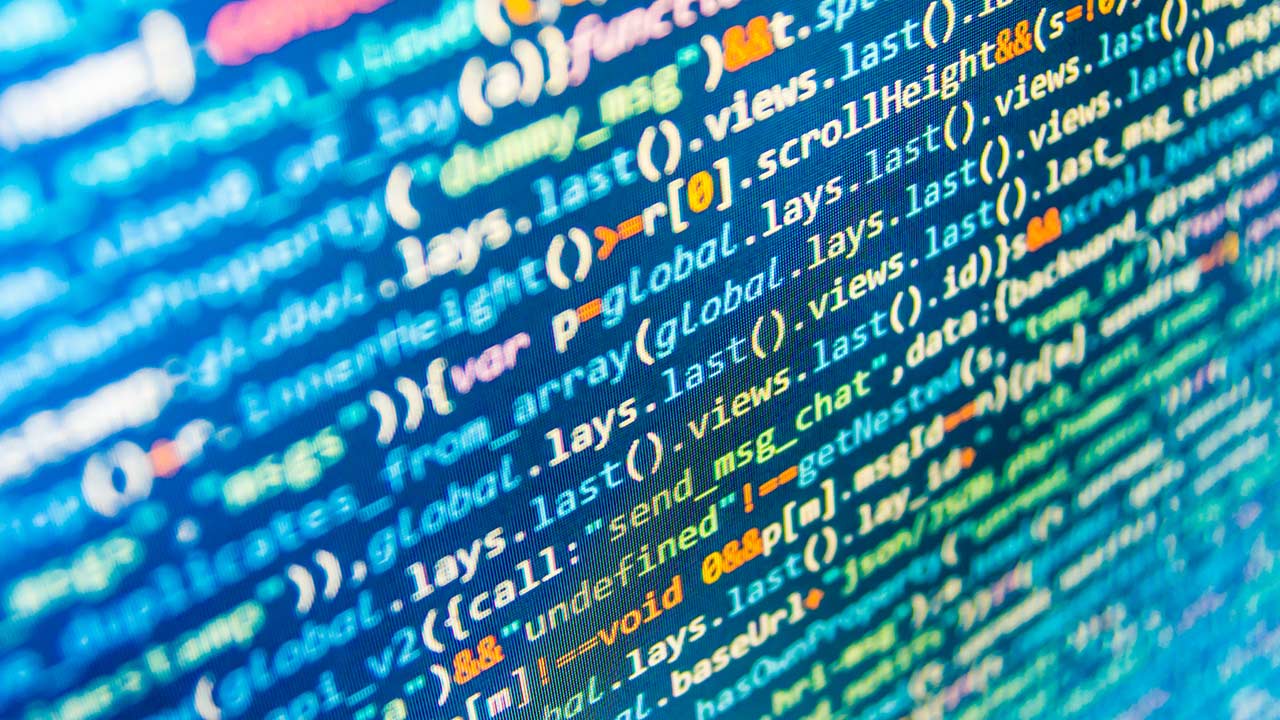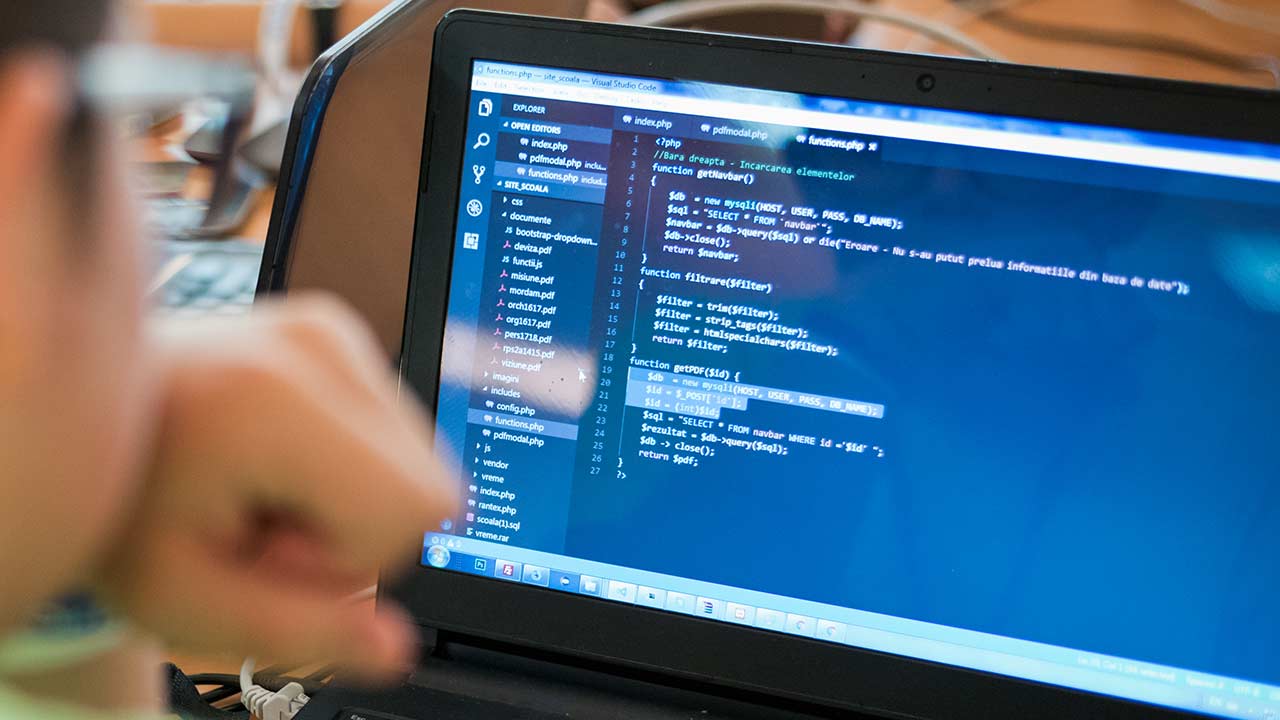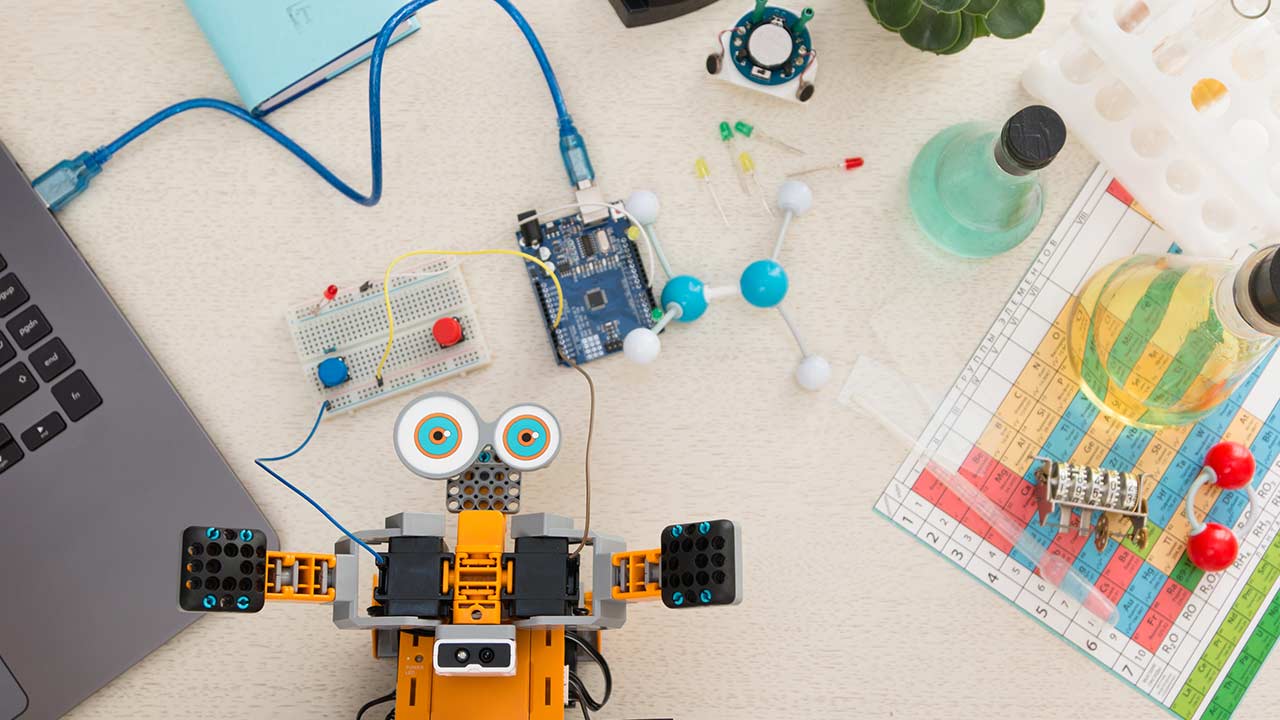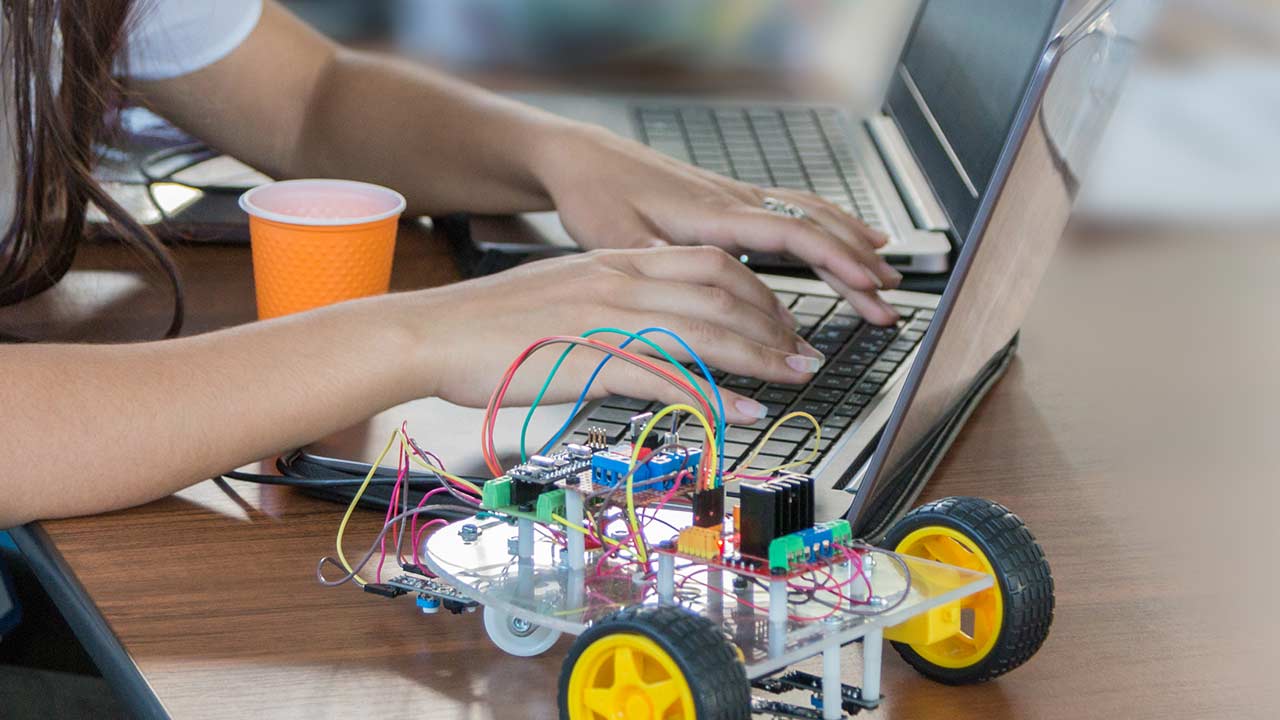Coding for kids: Comprehensive Guide for Parents

It’s inevitable — today’s kids are exposed to so many new technologies and advancements. One’s childhood today is vastly different from a child growing up two to three decades ago. And while some might be tempted to delay their child’s exposure to technology, the importance of it has grown and continues to grow by the day.
To prepare our kids for their studies and the jobs of the future, adding tech and coding to their academic curriculum is imperative. Here’s what we’ll discuss about coding for kids:
What is Coding?
To put it simply, coding is a set of instructions that tells computers and other electronic devices to perform certain tasks such as display images or texts. Your device is able to read and understand these codes almost instantly. It is how your computer or smartphone knows that tapping a certain area will open a specific programme and how apps and websites respond to different interactions.
Without code or programming language, technology, as we know it to be, simply won’t work.

Why Learning to Code is Important for Kids?
Just like the different languages that we use to communicate with one another around the world, coding also has different languages. And just like the traditional language that we use to get around, coding is an essential skill that kids will eventually need to learn. Here are the benefits of teaching your child how to code:
- It encourages creativity – Similar to giving your child a blank canvas and a set of art materials, with code, a child begins with nothing. Then, through a combination of code, they can build something.
Coding also teaches a child that there can be multiple solutions to a single problem. Instead of them spending their days playing games and scrolling through websites, by learning code, they can be a game developer or designer and become one of the creative forces in the tech industry of the future.
- It helps develop critical thinking – Because there is no single solution or approach to coding, a child is encouraged to find creative ways to get things done. Coding also teaches a child logical problem-solving using mathematics.
- It encourages learning from mistakes – In coding, your child will experience moments wherein they will have difficulty finding solutions to a problem. Through troubleshooting, they will learn to persevere and try different approaches until the problem is solved.
This aspect of coding can be applied to real-life experiences. Children who code will hopefully learn to pick themselves up when they stumble and try again.
- It develops their ability to communicate – Coding is a language. And like traditional languages such as English or Chinese, it has rules that need to be followed. The best communicators out there are able to say or write things down in simple language so that they are understood by everyone.
The same goes with the best programmers, they need to be able to write a simple code that the computer understands. Like any skill learned in the classroom, this should be naturally applied to their daily lives.
- It prepares them for the future – Our world is dominated by technology. Some of the best jobs out there involve dealing with smartphones and computers. Teaching your child how to code from a young age will equip them with the necessary skills to become productive members of a tech-forward society.

What is the Right Age for a Child to Start Coding?
Each child is unique and learns at different rates. Like learning any skill, the earlier you teach them, the faster they learn. According to the Massachusetts Institute of Technology, children can begin learning code as early as five years old. Of course, there are specific programming languages that are made primarily for younger children who are starting to learn.
How to Get Your Kid Interested in Coding?
As with getting a child excited about any new hobby, getting them into coding means making it accessible to them and aligning it with their current interests. Below are some tips that may help you.
- Find fun tools and apps – There are a ton of programmes and apps available in the market that are targeted towards children. These downloadable apps teach children about coding through games and let children explore their creativity.
- Let them experience coding with other children – Having classmates and peers who are learning at the same level as your child, will encourage them to stay interested and engaged. It will also teach them the value of teamwork and how to work with others.
- Get involved – Once your child starts learning to code, ask them to teach you or demonstrate what they’ve learned. Kids love sharing things that excite them. Who knows? You might learn from them, too.
- Keep them challenged – There are apps designed for specific age groups and knowledge levels. If you feel that your child has already maxed out their learning from a specific app, find another one that will challenge them.

How Does Coding Work?
Coding is the process of using a specific programming language to tell a computer what to do. There are many programming languages out there, all of which are designed for different purposes such as web development, mobile app design, desktop software development and more.
What you see on your computer screen or mobile phone is made possible through a series of written code done by a programmer.
How to Learn Coding?
Learning to code can start at home with the help of downloadable apps and computer software. There are also online classes they can enrol in to challenge them further. To further advance your child’s learning, you can enrol them in XCL Camps Code Academy which was designed to match the different personalities, skills and needs of each student.
- For children between 5 to 6 years old, we have the Junior Coding camp where we teach Scratch and Matata, a child-friendly software that will develop their critical thinking and creativity.
- For kids between 9 to 14 years old, we offer the Game Maker camp, where they will learn the basics of game design and development. At the end of the camp, your child will be able to build their own 2D game with Game Maker Studio.
- The Virtual Reality Camp for kids between 9 to 14 teaches them the fundamentals of VR development. By the end of the programme, students will be able to create and design their own VR world.
Our camps are not only educational, but also incredibly fun, by aligning lessons with our students’ interests, igniting their passion in their self-discovery journey, and playing a part in transforming them into our future leaders who can build life-changing technology.
Enrol your child in our Code Academy today for a hands-on learning experience that can leverage your child’s interests and passions and turn them into lifelong skills. After the camp, our students will not only learn how to code, but also gain invaluable lessons in teamwork, presentation skills, and problem solving.
Know more about our coding camps for kids. Click here for more details.
